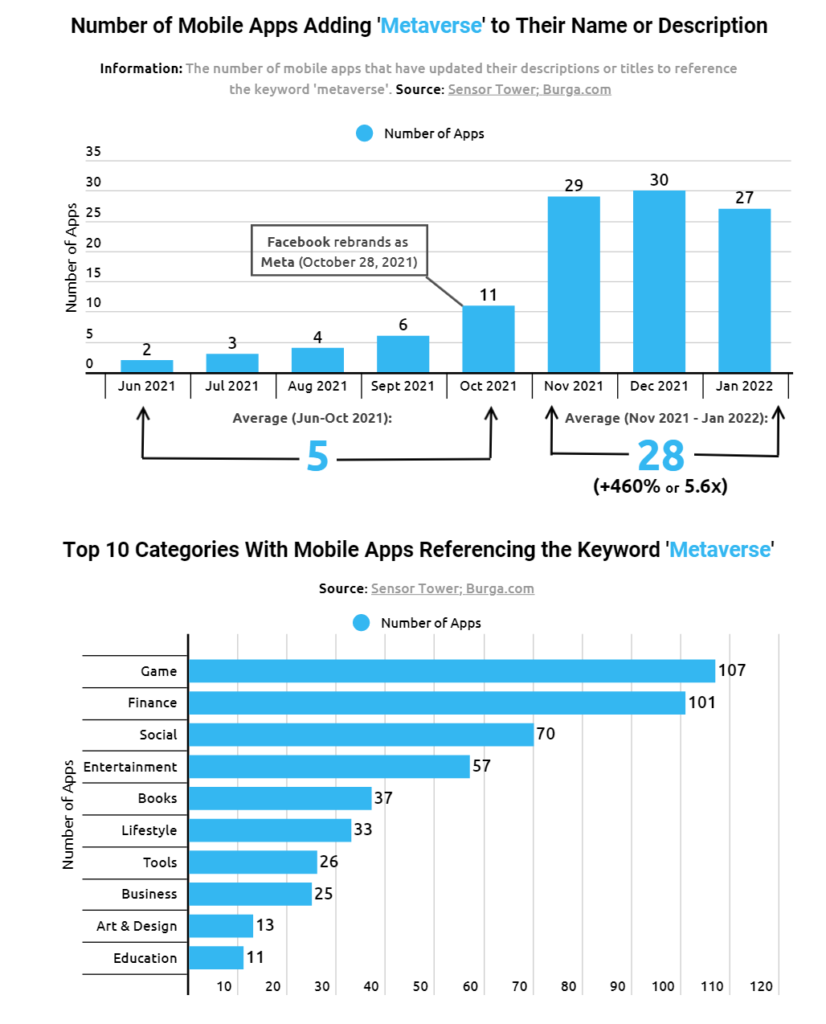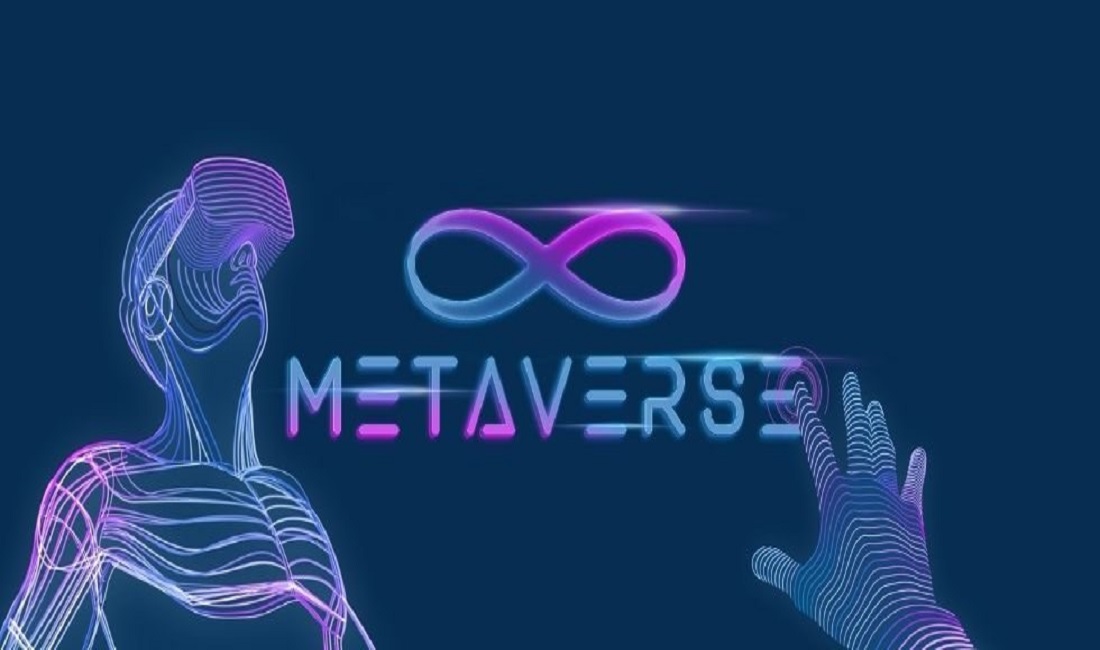 |
World Economic Forum’s AI Governance Alliance says a global effort is needed to create equitable access to artificial intelligence. Artificial intelligence holds the potential to address global challenges, but it also poses risks of widening existing digital divides or creating new ones. Three new Forum papers offer recommendations on building safe systems and technologies, ensuring responsible applications and transformation, and advancing resilient governance and regulation. Davos-Klosters, Switzerland, 18 January 2024 – The AI Governance Alliance (AIGA) released today a series of three new reports on advanced artificial intelligence (AI). The papers focus on generative AI governance, unlocking its value and a framework for responsible AI development and deployment. The alliance brings together governments, businesses and experts to shape responsible AI development applications and governance, and to ensure equitable distribution and enhanced access to this path-departing technology worldwide. “The AI Governance Alliance is uniquely positioned to play a crucial role in furthering greater access to AI-related resources, thereby contributing to a more equitable and responsible AI ecosystem globally,” says Cathy Li, Head, AI, Data and Metaverse, World Economic Forum. “We must collaborate among governments, the private sector and local communities to ensure the future of AI benefits all.” AIGA is calling upon experts from various sectors to address several key areas. This includes improving data quality and availability across nations, boosting access to computational resources, and adapting foundation models to suit local needs and challenges. There is also a strong emphasis on education and the development of local expertise to create and navigate local AI ecosystems effectively. In line with these goals, there is a need to establish new institutional frameworks and public-private partnerships along with implementing multilateral controls to aid and enhance these efforts. While AI holds the potential to address global challenges, it also poses risks of widening existing digital divides or creating new ones. These and other topics are explored in a new briefing paper series, released today and crafted by AIGA’s three core workstreams, in collaboration with IBM Consulting and Accenture. As AI technology evolves at a rapid pace and developed nations race to capitalize on AI innovation, the urgency to address the digital divide is critical to ensure that billions of people in developing countries are not left behind. On international cooperation and inclusive access in AI development and deployment, Generative AI Governance: Shaping Our Collective Global Future – from the Resilient Governance and Regulation track – evaluates national approaches, addresses key debates on generative AI, and advocates for international coordination and standards to prevent fragmentation. Unlocking Value from Generative AI: Guidance for Responsible Transformation – from the Responsible Applications and Transformation track – provides guidance on the responsible adoption of generative AI, emphasizing use case-based evaluation, multistakeholder governance, transparent communication, operational structures, and value-based change management for scalable and responsible integration into organizations. In addition, for optimized AI development and deployment, a new Presidio AI Framework: Towards Safe Generative AI Models – from the Safe Systems and Technologies track – addresses the need for standardized perspectives on the model lifecycle by creating a framework for shared responsibility and proactive risk management. AIGA also seeks to mobilize resources for exploring AI benefits in key sectors, including healthcare and education. Quotes from the initiative: “As we witness the rapid evolution of artificial Intelligence globally, the UAE stands committed to fostering an inclusive AI environment, both within our nation and throughout the world. Our collaboration with the World Economic Forum’s AI Governance Alliance is instrumental in making AI benefits universally accessible, ensuring no community is left behind. We are dedicated to developing a comprehensive and forward-thinking AI and digital economy roadmap, not just for the UAE but for the global good. This roadmap is a testament to our belief in AI as a tool for universal progress and equality, and it embodies our commitment to a future where technology serves humanity in its entirety.” – H.E. Omar Sultan Al Olama, Minister of State for Artificial Intelligence, Digital Economy and Remote Work Applications of the United Arab Emirates “Rwanda’s participation in the AI Governance Alliance aims to ensure Rwanda and the region do not play catch up in shaping the future of AI governance and accessibility. In line with these efforts, Rwanda’s Centre for the Fourth Industrial Revolution, in collaboration with the World Economic Forum, will host a high-level summit on AI in Africa towards the end of 2024, creating a platform to engage in focused and collaborative dialogue on the role of AI shaping Africa’s future. The event’s primary goal will be to align African countries on common risks, barriers, and opportunities and, ultimately, devise a unified strategy for AI in Africa.” – Paula Ingabire, Minister of Information Communication Technology and Innovation of Rwanda “IBM continues to drive responsible AI and governance. We all have an obligation to collaborate globally across corporations, governments and civil society to create ethical guardrails and policy frameworks that will inform how generative AI is designed and deployed. IBM is proud to work with the Forum’s AI Governance Alliance as the knowledge partner for this paper series.” – Gary Cohn, IBM Vice-Chairman . “The evolution of AI is unique in that the technology, regulation and business adoption are all accelerating exponentially at the same time. It’s critical that the public and private sector come together to share insights, resources and best practices for building and scaling AI responsibly. Leaders in this space must prioritize inclusive AI so that the benefits of this technology are shared in all parts of the world, including emerging markets. The Forum’s three-part briefing paper series offers insightful considerations across responsible applications, governance and safety to empower businesses, respect people and benefit society.” – Paul Daugherty, Chief Technology Innovation Officer, Accenture. |
Tag Archives: Metaverse
Metaverse Trademark Applications Surging
Over 5,800 Metaverse Trademark Applications Filed Last Year = Surging 200% Year-Over-Year
In 2022, there was a significant surge in trademark applications related to the Metaverse and non-fungible tokens (NFTs), indicating the growing importance and potential profitability of these emerging industries.

According to data collected by Blockchain Centre, there were 5,850 new Metaverse trademark applications and 7,746 NFT trademark applications registered last year.

This represents a growth rate of 205.64% and 259.61%, respectively, from the previous year. The monthly trends for trademark registrations steadily increased throughout the year, with at least 300 new applications filed every month.
Increasing interest in the Metaverse
Many big companies, including Meta, Formula One, Mastercard, McDonald’s, Gatorade, and the US Space Force, have also filed applications with the USPTO in 2022, indicating their interest in virtual products and involvement with crypto and blockchain.
The rise in trademark applications related to the Metaverse and NFTs has prompted an investigation by the US Patent and Trademark Office and US Copyright Office to examine how NFTs impact intellectual property rights.
According to the research:
“Recently, several prominent brands have faced challenges when their intellectual property or products were infringed upon by NFT marketplaces or platforms.”
Despite the ongoing ‘crypto winter’, the rise in trademark applications and growing interest in metaverse products have served as a counterbalance to concerns that the market is being negatively impacted. For the Silo, Lina Alisauskaite.
Why App Developers Are Focusing On The Metaverse
Mobile apps using ‘metaverse’ in their description surge fivefold in 3 months
Various mobile application developers are increasingly aligning their products with the growing metaverse concept after Facebook popularized the term following the company’s rebranding to Meta. Although metaverse is a work in progress, several appsol are associating with the concept in their descriptions.
Data presented by Burga indicates that between November 2021 and January 2022, a monthly average of 28 mobile applications added metaverse to their description, a fivefold growth or 460% spike from the five average recorded between June 2021 and October 2021. The highest number was registered in December 2021 at 30.
Elsewhere, games with 107 applications lead in the number of app categories referencing the ‘metaverse’ keyword. Finance ranks second at 101, followed by social at 70. In the tenth slot, there is education with 11 apps. Data on mobile apps referencing metaverse is provided by mobile intelligence platform Sensor Tower.

Why app developers are focusing on metaverse
Mobile phone applications adding metaverse to their description were seemingly triggered by Facebook’s rebranding to Meta in October 2021. Most companies and applications have followed suit after the social media giant also announced that it plans to invest heavily in the metaverse. The apps are aligned with the metaverse even as players in the sector explore industry standards.
Generally, the metaverse concept is a network of virtual worlds focused on social connection as a hypothetical iteration of the Internet as a single, universal virtual world supported by virtual and augmented reality headsets.
Although the metaverse is still gaining ground, app developers are using the concept as a critical marketing tool as different sectors await the actual technical requirements for the metaverse to emerge. It can be argued that the applications are working towards having an edge once the technology’s full potential is realized.
A significant share of the metaverse will likely be enabled by apps, which explains developers’ decision to associate with the virtual concept. Notably, apps in the metaverse are touted to potentially harness the most critical features of smartphones, wearables, headsets, and IoT.
Furthermore, virtual interactions offer enticing financial opportunities for businesses and could potentially open new revenue streams for companies diving into this new venture. At this point, with the shift towards a digital life, the opportunities offered by the metaverse are limitless.
Why gaming apps are leading the metaverse
It is no surprise that the gaming apps are leading in adding metaverse to their description. Notably, games have long been associated with VR and AR technology which is at the core of the metaverse. Game engines are likely to be foundational technologies and a critical building block for creating virtual world applications.
In this line, some of the big players in the tech space led by Microsoft are increasing their involvement in the metaverse. According to the company, the metaverse is all about creating games, a key driver for its acquisition of video game company Activision Blizzard. Additionally, gaming platform Roblox has long been viewed as the metaverse frontrunner.
Besides games, the metaverse is also expected to have several implications for different industries. Metaverse technologies have found practical applications among sectors like finance. For instance, VR and AR can be deployed in finance in data visualization, which can aid in analyzing financial risks providing more precise services to customers.
Although app developers are getting ready for metaverse, realizing the concept on a large scale might be extensive. For instance, access to high-speed Internet and the cost of reliable VR hardware remains a challenge.
Additionally, the high scale of interoperability required to build various aspects of the metaverse is yet to be achieved. In this line, tech companies will have to partner with other entities on factors such as metaverse laws. For the Silo, Gytis Gelzinis/BURGA.


